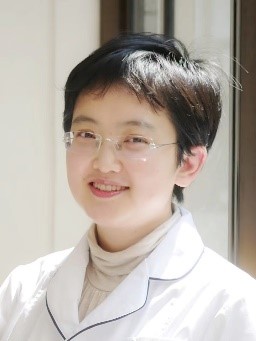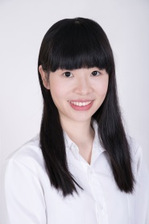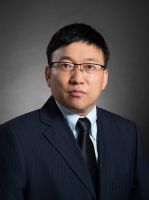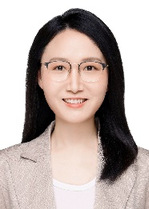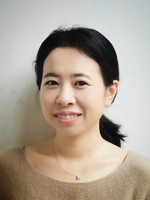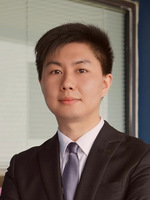
TU Renjun
Ph.D., Professor (PI)
School of Life Science and Technology, Southeast University
2 Dongda Road, Nanjing, Jiangsu Province, 210031, China
Email:turenjun@seu.edu.cn
Education Background & Academic Experience:
1. 2007-2011: B.Eng., Biological Engineering, Southeast University, Nanjing, China
2. 2011-2017: Ph.D., Genetics, Southeast University, Nanjing, China
3. 2017-2021: Postdoctoral Research Associate, Stowers Institute for Medical Research, Kansas City, MO, USA
4. 2021-2024: Research Assistant Professor, Division of Life Science, The Hong Kong University of Science and Technology, Hong Kong, China
5. 2024-Present: Professor, School of Life Science and Technology, Southeast University, Nanjing, China
Research Interests:
Stem cells possess remarkable self-renewal and differentiation capabilities, playing essential roles in development and tissue homeostasis while also holding immense potential for clinical therapies. However, our understanding of the mechanisms governing their proliferation, differentiation, and in vivo regulation remains limited, presenting significant challenges for their effective clinical application. My research group focuses on germline stem cells as our primary research subject, utilizing Drosophila melanogaster, a classic model organism in genetics and developmental biology. Meanwhile, by integrating studies on mammals and in vitro stem cell cultures, we aim to investigate the in vivo regulatory mechanisms of endogenous factors and the stem cell niche (microenvironment) that influence the self-renewal and differentiation of adult stem cells. Our goal is to provide both theoretical insights and experimental foundations for a deeper understanding of stem cell biology and reproductive development, seeking to contribute to the prevention and treatment of related diseases while advancing the clinical applications of stem cell-based therapies.
Representative Publications:(* corresponding author; # equal contributor)
1. Tu R#, Ping Z#, Liu J, Tsoi ML, Song X, Liu W, Xie T*. Niche Tet maintains germline stem cells independently of dioxygenase activity. 2024, EMBO Journal 43(8): 1570-1590.
2. Tu R#,*, Tang X#, Xu R#, Ping Z, Yu Z, Xie T*. Gap junction-transported cAMP from the niche controls stem cell progeny differentiation. PNAS, 2023, 120, e2304168120.
3. Tu R#, Duan B#, Song X, Chen S, Scott A, Hall K, Blanck J, DeGraffenreid D, Li H, Perera A, Haug J, Xie T*. Multiple niche compartments orchestrate stepwise germline stem cell progeny differentiation. Current Biology, 2021, 31, 827-839 e823.
4. Tu R, Duan B, Song X, Xie T*. Dlp-mediated Hh and Wnt signaling interdependence is critical in the niche for germline stem cell progeny differentiation. Science Advances, 2020, 6, eaaz0480.
5. Zou F#, Tu R#, Duan B#, Yang Z, Ping Z, Song X, Chen S, Price A, Li H, Scott A, Perera A, Li S*, Xie T*. Drosophila YBX1 homolog YPS promotes ovarian germ line stem cell development by preferentially recognizing 5-methylcytosine RNAs. PNAS, 2020, 117, 3603-3609.
6. Mao Y#, Tu R#, Huang Y#, Mao D, Yang Z, Lau PK, Wang J, Ni J*, Guo Y*, Xie, T*. The exocyst functions in niche cells to promote germline stem cell differentiation by directly controlling EGFR membrane trafficking. Development, 2019, 146(13).
7. Tu R, Qian J, Rui M, Tao N, Sun M, Zhuang Y, Lv H, Han J, Li M, Xie W*. Proteolytic cleavage is required for functional neuroligin 2 maturation and trafficking in Drosophila. Journal of Molecular Cell Biology, 2017, 9, 231-242.
